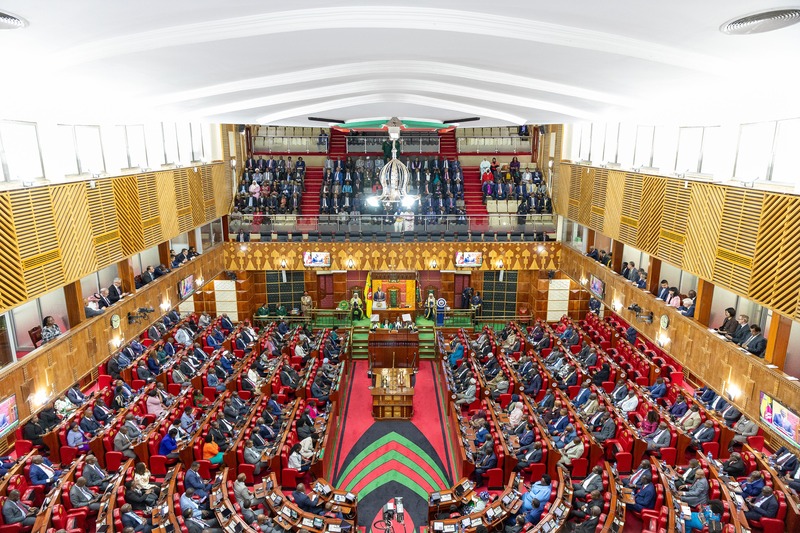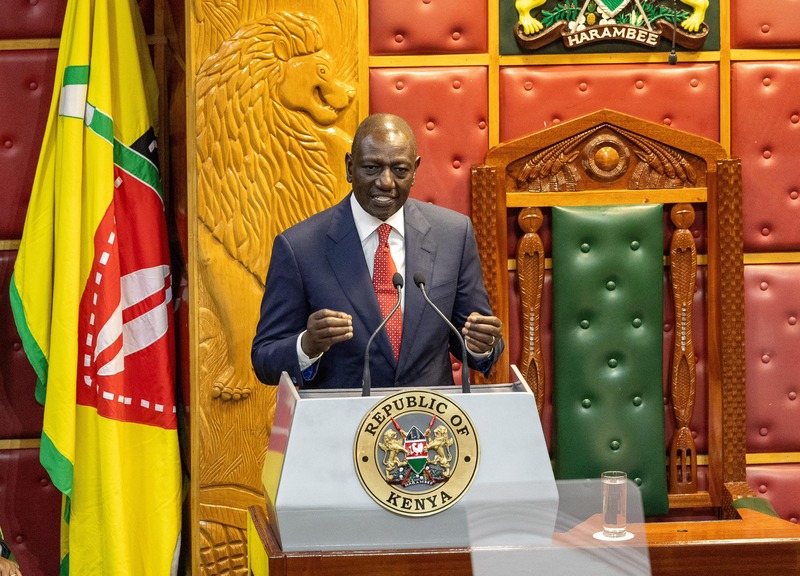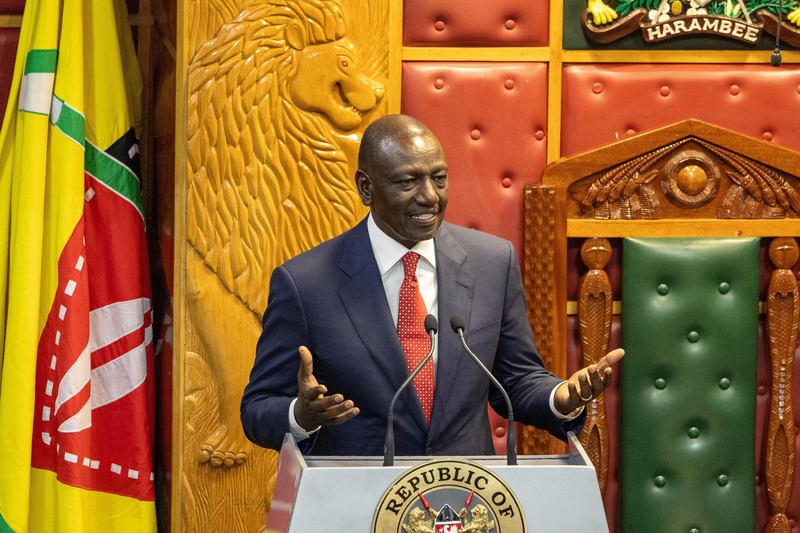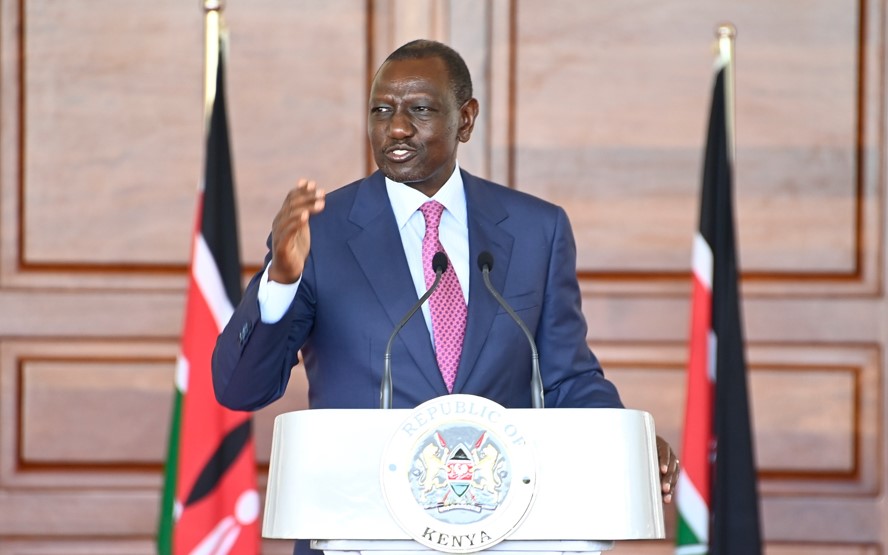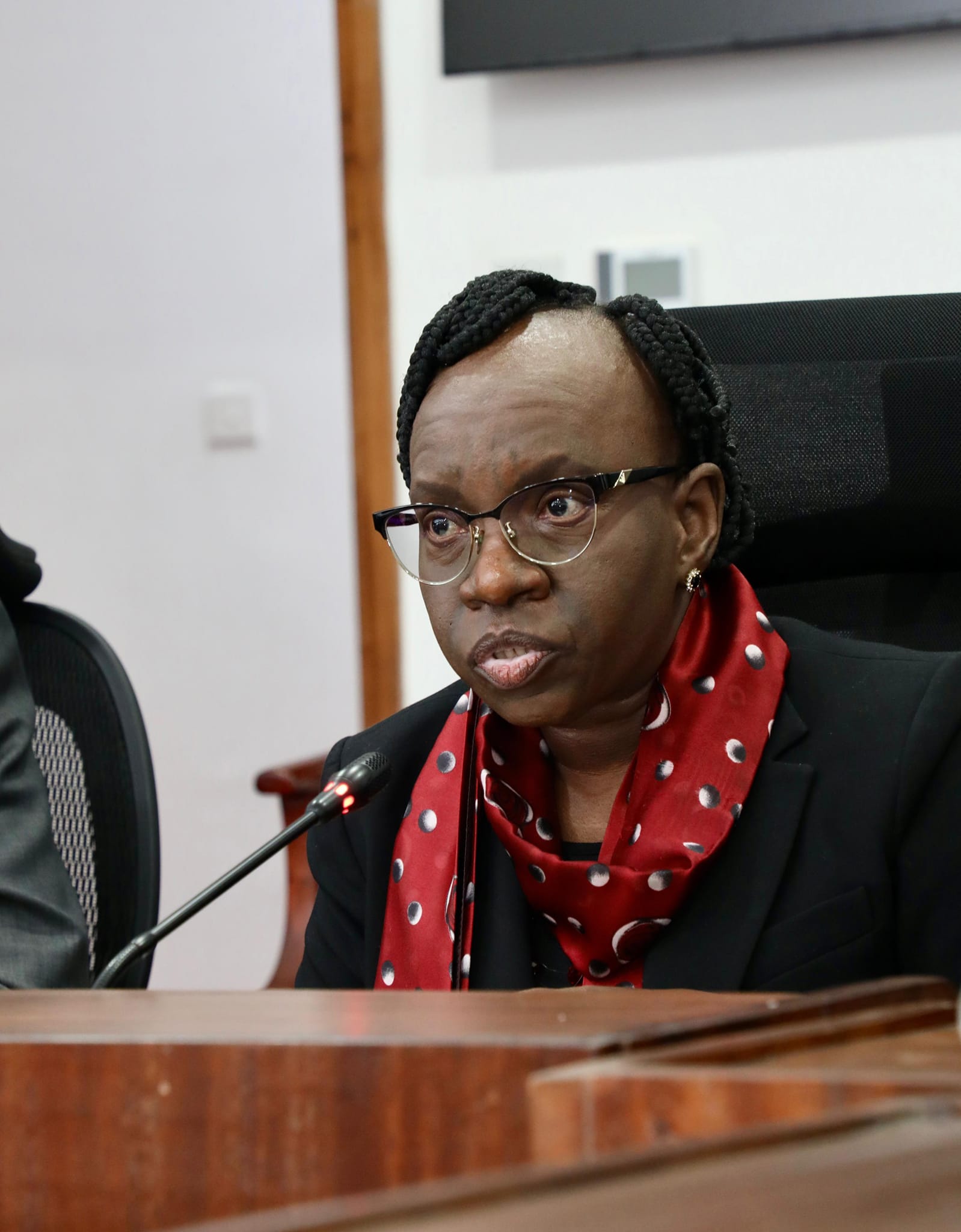Kenya's ICT sector posts 7.8pc growth in Q1 2024, marking first slowdown since Covid

By Bashir Mohammed |
The ICT sector gained significant traction during the Covid-19 crisis as the population shifted from in-person interactions due to government measures to contain the virus.
Kenya's information and communication sector experienced a 7.8 per cent growth in the first quarter of 2024, a decrease from the 9.5 per cent growth recorded the previous year. This marks the sector's first slowdown in growth since the Covid-19 pandemic.
Data from the Kenya National Bureau of Statistics (KNBS) reveals that the ICT sector has enjoyed consistent accelerated growth year-on-year since March 2021, when growth was at 5.1 per cent.
Keep reading
- Teen pregnancy declines nationally but Mandera sees sharp increase – KNBS report
- Fuel demand falls sharply despite drop in prices, KNBS reports
- SGR records Sh144 million revenue loss in two months as passenger numbers decline
- Overwhelming demand for starlink in Kenya leads to suspension of new subscriptions
This rose to 8.1 per cent during a similar period in 2022. However, the recent slowdown in ICT growth reflects an overall sluggish performance across most economic sectors, except for banking.
Kenya's economy grew at a slower pace of five per cent in the first three months of 2024 compared to 5.5 per cent in the same period last year. This period was marked by a challenging business environment characterized by high interest rates. KNBS data indicates that all sectors, except finance and insurance activities, recorded slower growth in the first quarter of this year compared to the same period in 2023, highlighting a tough macroeconomic environment.
The ICT sector's performance is crucial as it provides catalytic backward and forward linkages across various commercial segments. A slowdown in this sector indicates broader economic challenges. ICT services support financial services through money transfers, nascent e-commerce, improved public service delivery via e-government, and human capital development through e-learning.
Despite the deceleration, the State has been aggressively pursuing a national digital revolution through numerous infrastructural and skill-development programmes. Ongoing projects include a five-year plan to lay down at least 100,000 kilometres of national fibre optic cable, establish 25,000 free Wi-Fi hotspots in major markets and trading centres, and set up a digital hub in each of Kenya's 1,450 wards.
The ICT sector gained significant traction during the Covid-19 crisis as the population shifted from in-person interactions due to government measures to contain the virus. The pandemic propelled enhanced provision of various computing and communication services, evidenced by the surge in demand for fixed internet as people worked from home and schools adopted e-learning.
Since then, Kenya has reported substantial progress in digital transformation on the global stage, with breakthroughs in real-time data collection and management, cybersecurity support systems, and big data management.
Experts are urging the government to accelerate investment in complementary services such as access to quality power supply and internet to sustain the momentum in the ICT sector.
Reader comments
Follow Us and Stay Connected!
We'd love for you to join our community and stay updated with our latest stories and updates. Follow us on our social media channels and be part of the conversation!
Let's stay connected and keep the dialogue going!



